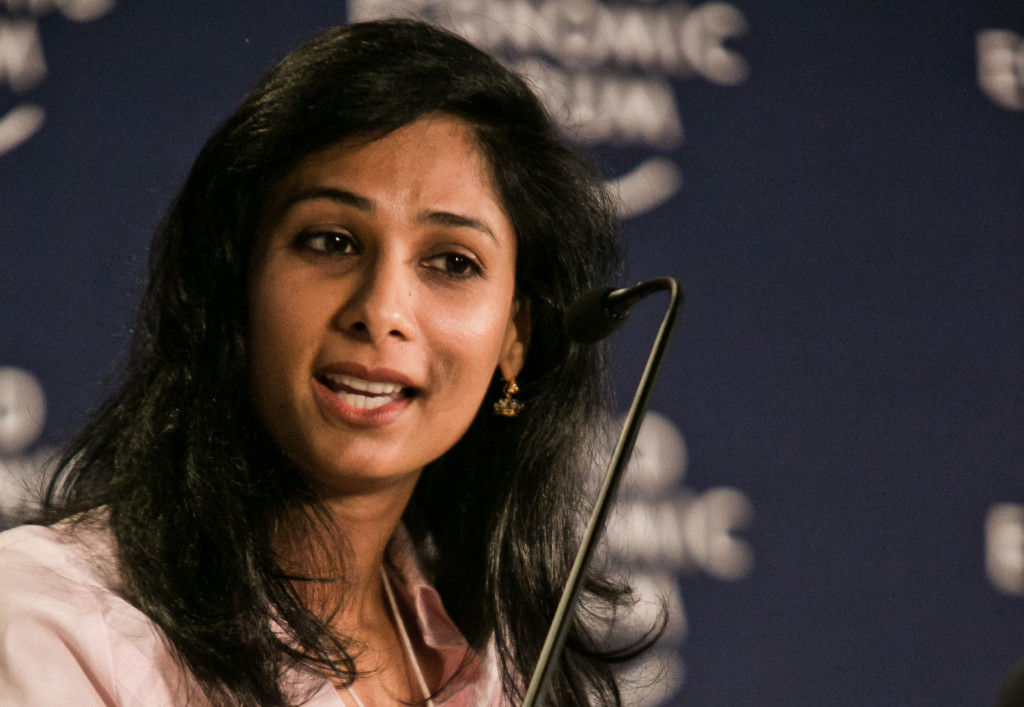The coronavirus economic crisis officially has a name: the Great Lockdown.
“The Great Lockdown is the worst economic downturn since the Great Depression, and far worse than the Global Financial Crisis [of 2008],” International Monetary Fund (IMF) Chief Economist Gita Gopinath said on Tuesday.
She projected the global economy will contract by 3 percent in 2020, due to $9 trillion in losses. The United States is expected to decline to roughly -6 percent growth, as are other nations in the advanced economy group. Gopinath said this year’s losses will “dwarf” the global financial crisis 12 years ago.
“For the first time since the Great Depression both advanced economies and emerging market and developing economies are in recession,” Gopinath said.
Furthermore, the IMF projected that vulnerable oil-exporting countries, like Iraq, will “be forced to make aggregate cuts,” according to IMF Research Director Gian Maria Milesi-Ferretti. For example, the IMF predicts the Iraqi economy will contract to -4.7 percent growth this year, down roughly 8 percentage points from 2019’s growth rate of 3.9 percent, while the Iranian economy will contract to -6 percent growth this year.
Overall, the IMF is encouraging debtors to forgive lenders and for leaders to cooperate on joint efforts to prevent de-globalization. The IMF said more than 90 of its 189 member states have requested financial support.
“We’re projecting for economic activity to still be below pre-virus levels in 2021,” said Gopinath. “This is a deep recession that involves insolvency issues and unemployment rates going up dramatically.”
Gopinath said nations with access to private-sector digital payment systems should use them to distribute aid and stimulus packages. Although she didn’t specify technologies by name, the U.S. Treasury is already working with fintech giants including PayPal and Square while Kenya relies on the mobile money product M-Pesa to decrease in-person transactions.



